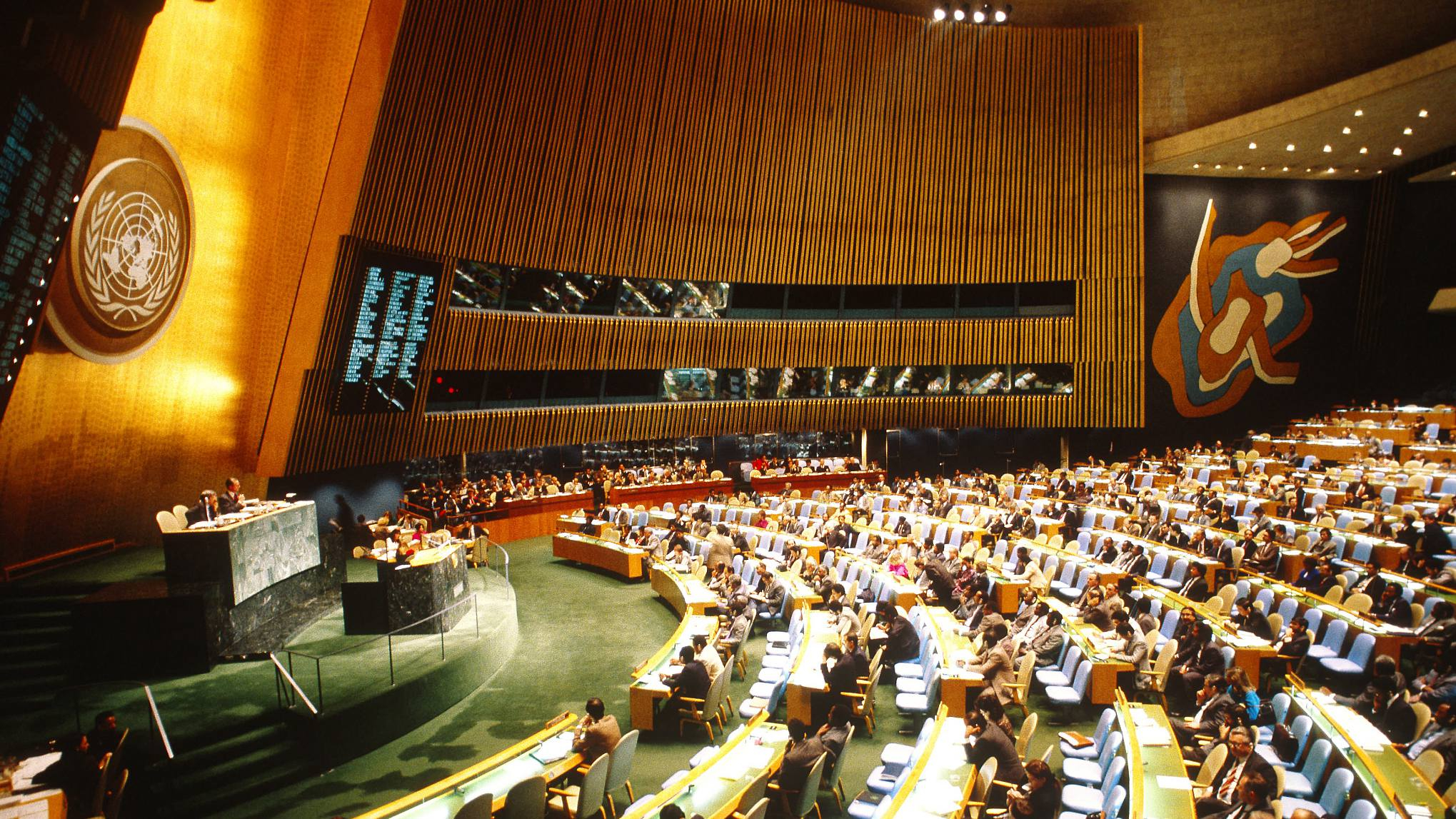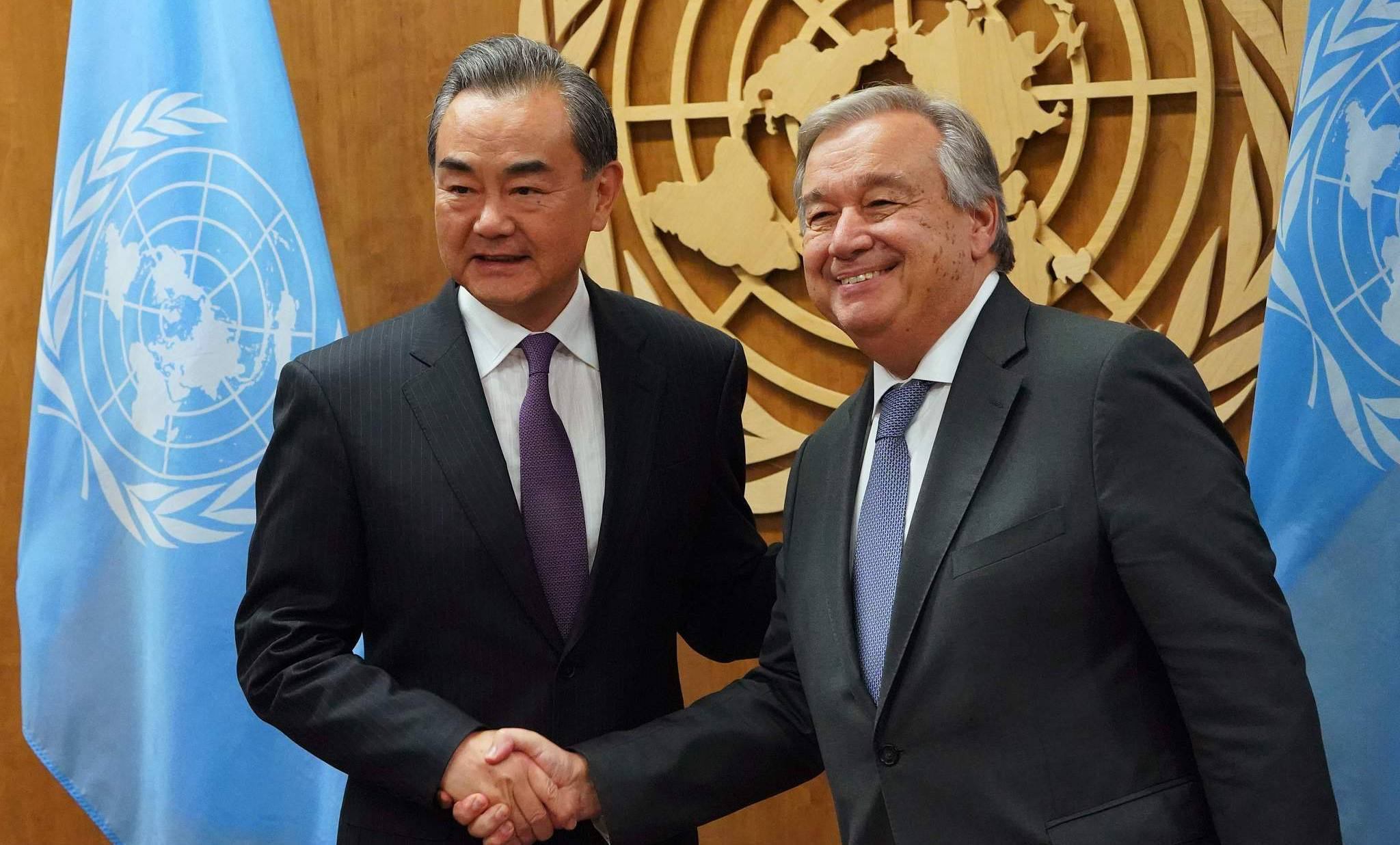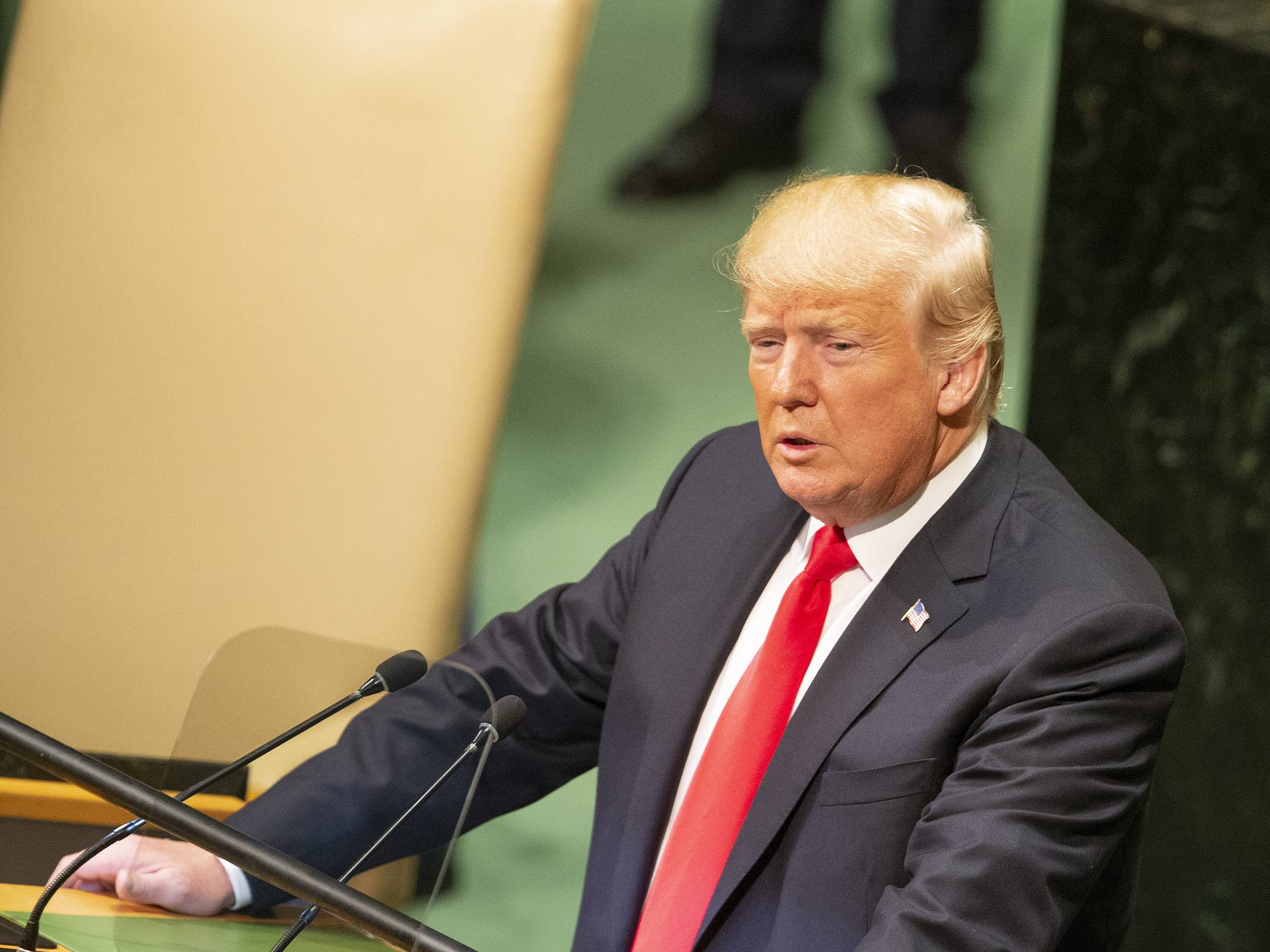
Opinions
16:39, 29-Sep-2018
Opinion: Unilateralism can't 'get a pass'
Updated
16:17, 02-Oct-2018

Editor's note: This article is edited and translated from an editorial piece originally published in Chinese on the People's Daily.
Differences and clashes between unilateralism under the banner of "America First" and multilateralism advocating for equality and cooperation are becoming increasingly apparent. Adhering to multilateralism and improving global governance are the call of the times and the common interests of all nations.
The confrontation at the UN General Assembly on September 25 was thought-provoking. In the words of the US media, this is a day where "it is clear who is the minority".
American leaders criticized multilateralism at the UN General Assembly which is the lighthouse of multilateralism, while the majority of UN's member states criticized the US for promoting the view of isolationism and questioning the value of international organizations.

United Nations Secretary-General Antonio Guterres (R) shakes hands with China's State Councilor and Foreign Minister Wang Yi at the United Nations in New York, September 27, 2018. /VCG Photo
United Nations Secretary-General Antonio Guterres (R) shakes hands with China's State Councilor and Foreign Minister Wang Yi at the United Nations in New York, September 27, 2018. /VCG Photo
For some time, the differences and collisions between unilateralism under the banner of "American First" and multilateralism advocating for equality and cooperation are becoming more and more apparent.
During this session of the UN General Assembly, UN officials and governments of many nations hit back at unilateralism proposed by the US and expressed a strong will to defend multilateralism.
UN Secretary-General Guterres said that the principle of multilateral cooperation is under attack. The world is facing a trust deficit; populism and polarization within countries are on the rise, so countries should commit themselves to promote multilateralism when the world has the most urgent needs for multilateral cooperation.
The international community's criticism of trade protectionism is getting louder and louder. People are worried that protectionist measures will lead to isolationism and endanger the international system, damage the world economy and stall the opportunities for common development."
In today's multi-polar world, the more Washington goes it alone, the more other states are empowered to do so, too. That makes this year's General Assembly fraught with danger.
"It is also an opportunity for those who believe in international co-operation to stand up for it when it is needed most," said a Financial Times editorial titled UN General Assembly under American First.

US President Donald Trump speaks at 73rd UNGA session at United Nations Headquarters on September 25, 2018. /VCG Photo
US President Donald Trump speaks at 73rd UNGA session at United Nations Headquarters on September 25, 2018. /VCG Photo
The unilateralism demonstrated through the "America-style rampage" has brought a lot of negative impact on the international community.
From launching attacks on all sides by inciting trade frictions to frequent unilateral withdrawal from international organizations, from tearing up international agreements to breaking international commitments, the US government's short-sighted approach of seeking quick success and instant benefits has damaged the international reputation and standing of the US and also hurt its strategic interests.
Francis Fukuyama, an American political philosopher, said frankly, "the United States has injected great instability into world politics," adding the doctrine of "America First" can only lead to a world where "America is alone".
The tide of economic globalization is roaring forward. US leaders "cannot destroy globalization because it's too big and deep-seated," American columnist Samuelson wrote in his opinion piece for the Washington Post. Time magazine says pointedly that "America First" may end "American Leadership" that has lasted 72 years.
The trend of multi-polarization in the world is unstoppable. Unilateralism is impossible to get a "pass". Adhering to multilateralism and improving global governance are the call of the times and the common interests of all nations.
Only by opening up and riding on the trends can we find a broad space for development and strong momentum for sustainable growth.
(If you want to contribute and have specific expertise, please contact us at opinions@cgtn.com.)

SITEMAP
Copyright © 2018 CGTN. Beijing ICP prepared NO.16065310-3
Copyright © 2018 CGTN. Beijing ICP prepared NO.16065310-3